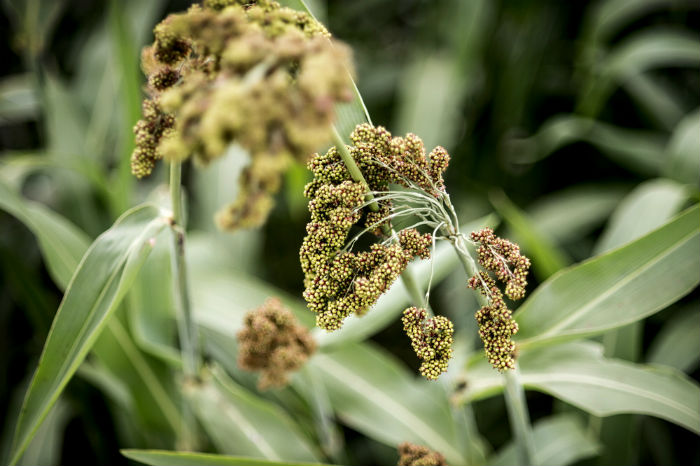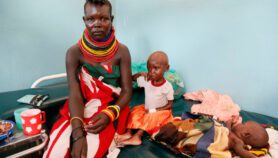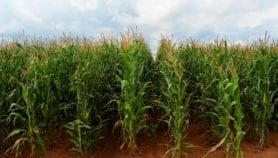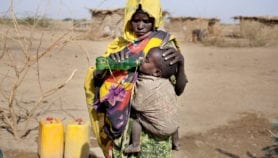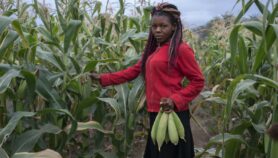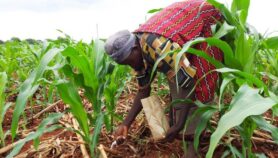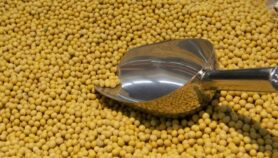By: Newton Sibanda
Send to a friend
The details you provide on this page will not be used to send unsolicited email, and will not be sold to a 3rd party. See privacy policy.
[LUSAKA, ZAMBIA] Poor capacity in biosecurity remains a major obstacle to agricultural trade in Africa and limits farmers’ incomes and food security, a meeting has heard.
The 4th Africa Plant Biosecurity Network workshop held in Zambia on 27 February-3 March noted that effective biosecurity system could boost regional and international trade in agricultural products in Africa.
Biosecurity refers to procedures or measures that protect the population against harmful biological or biochemical substances.
“These challenges show the need to build capacity of response. We have been reactive. That is the problem.”
Dennis Rangi, CABI
The network meetings are a key component of the Australia-Africa Plant Biosecurity Partnership (AAPBP) that aims to improve national and regional quarantine and plant protection capacity, thereby enabling safe regional trade, expanding international market access opportunities and securing greater regional food security.
“Intra-regional agricultural trade can also reduce food insecurity, so we must address constraints to this trade such as biosecurity. Those army worms do not need visas to cross borders,” notes Sindiso Ngwenya, secretary-general of the Common Market for Eastern and Southern Africa (COMESA). “As COMESA, we are trying to open borders for free movement.”
Mellissa Wood, general manager of global program at the Australian Centre for International Agricultural Research, the agency funding the AAPBP, explains that an effective biosecurity system could boost regional and international trade in agricultural produce from Sub-Saharan Africa.”
There is a need to protect agricultural trade by enhancing international collaboration in fighting plant pests, adds Jean Kapata, Zambia’s acting minister of agriculture.
Moses Mwale, director of Zambia Agriculture Research Institute, says ten per cent or 1.2 million or ten per cent hectares in Zambia are under infestation of the army worm.
“We need an integrated pest management system and to invest in an early warning system,” Mwale notes.
George Zulu, Zambia’s high commissioner to Australia, tells SciDev.Net tackling crop diseases could help peasant farmers export crops such as sweet bananas.
“These challenges show the need to build capacity for response. We have been reactive. That is the problem,” Rangi says.
According to Jo Luck, director of research, education and training at Australia’s Plant Biosecurity Co-operative Research Centre, her organisation is keen to build capacity of the ten participating countries —Burundi, Ethiopia, Kenya, Malawi, Mozambique, Rwanda, Tanzania, Uganda, Zambia and Zimbabwe — to respond to biosecurity threats through a coordinated training of the next generation of plant biosecurity scientists.
This piece was produced by SciDev.Net’s Sub-Saharan Africa English desk.


